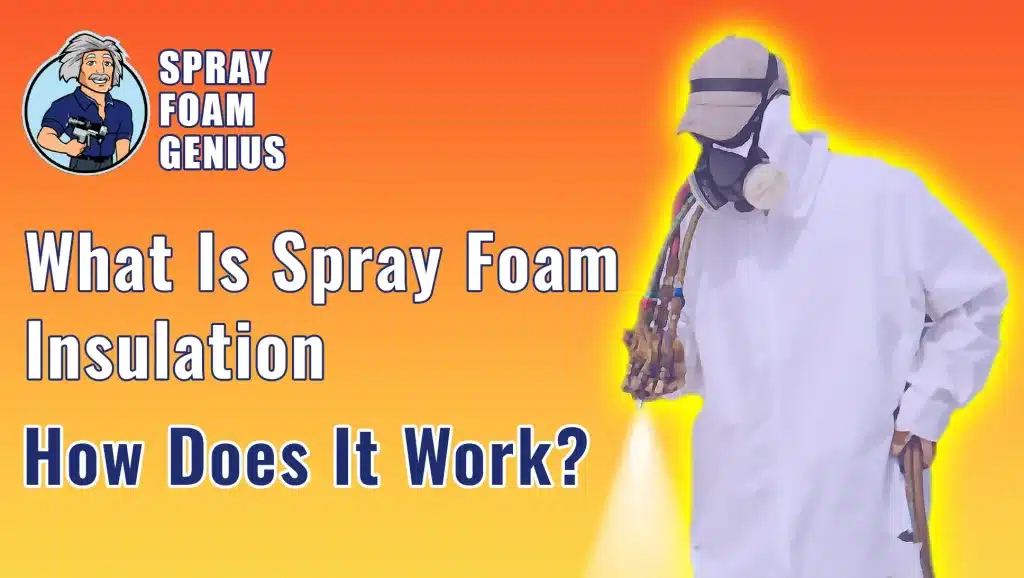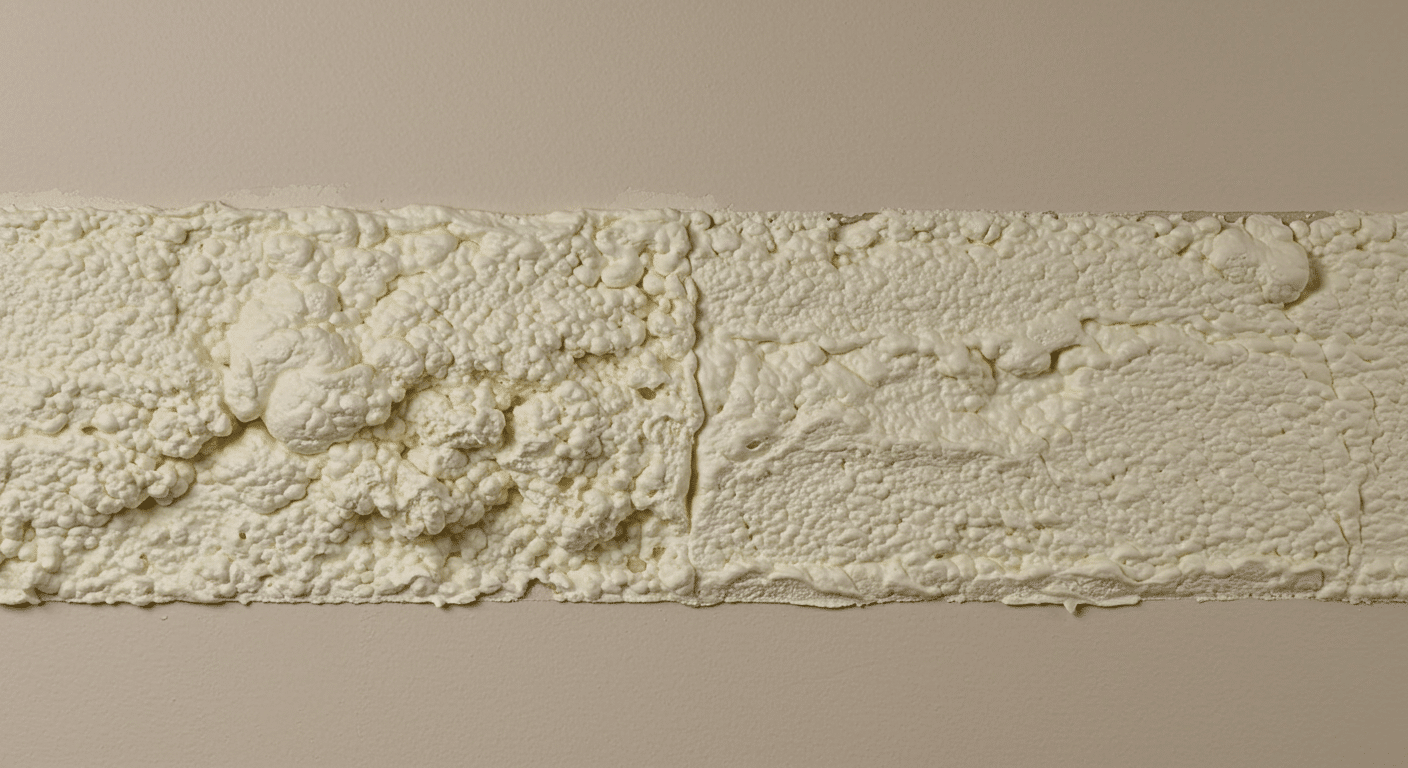
Spray foam insulation is a chemical product applied as a liquid that expands into a dense foam, creating an air-tight barrier. It works by sealing gaps, cracks, and voids in walls, roofs, or crawl spaces, preventing air leakage and heat transfer. This insulation improves energy efficiency by minimizing thermal bridging, reduces moisture infiltration, and adds structural strength. There are two main types: open-cell, which is lighter and flexible, and closed-cell, which is denser and provides a higher R-value per inch.
Key Factors Affecting Spray Foam Insulation Performance
| Factor | Open-Cell Foam | Closed-Cell Foam |
| R-Value per Inch | ~3.6 | ~6.5 |
| Moisture Barrier | No | Yes |
| Air Sealing | Yes | Yes |
| Cost | Lower | Higher |
| Application Areas | Interior walls, attics | Roofs, basements, exteriors |
| Rigidity | Flexible | Rigid and strong |
| Expansion Rate | Higher | Lower |
Spray Foam Insulation: Pros and Cons
Pros
- Superior air sealing and energy efficiency
- Reduces noise and moisture intrusion
- Adds structural strength (closed-cell)
Cons
- Higher upfront cost compared to other insulations
- Requires professional installation
- Not ideal for all substrates or retrofits
Open-Cell vs Closed-Cell: Which to Choose?

Open-cell foam is best for interior use where sound dampening is a priority, such as walls and attic ceilings. It’s more affordable and expands significantly, filling hard-to-reach areas. However, it lacks water resistance and has a lower R-value.
Closed-cell foam is preferred for exterior applications or where high insulation value and moisture control are critical—like foundations and crawl spaces. It’s more expensive but offers better thermal performance and structural reinforcement.
Energy Efficiency and Air Sealing Benefits
Spray foam’s ability to seal gaps makes it one of the most energy-efficient insulation types available. It prevents conditioned air from escaping and stops outside air from entering, reducing HVAC load and improving indoor comfort. In buildings with air leakage issues, it often results in up to 50% energy savings compared to traditional fiberglass insulation. Additionally, its moisture resistance helps reduce mold risk and enhances indoor air quality.
Spencer is a Google ranking expert and SEO consultant who has helped businesses in the spray foam marketing industry achieve their online marketing goals. Spray Foam Genius Marketing has a proven track record of success, having achieved some impressive results for his clients.

